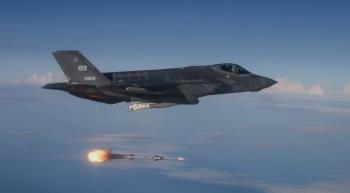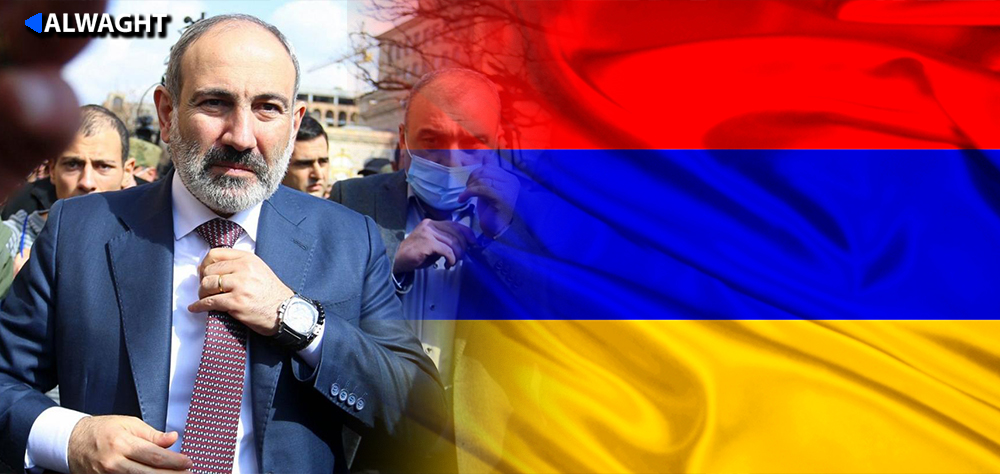Alwaght- Nikol Pashinyan of Armenia won the snap elections two months after he resigned on April 25. According to the election commission, Pashinyan's Civil Contract party won over 50 percent of the votes to gain the majority in the parliament and form next government. The elections took place as after the signing of a peace agreement between the Azerbaijan and Armenia over the end of the conflict in Nagorno-Karabakh, the prime minister resigned amid heavy pressures put on him by other political parties.
In the Sunday election, 21 parties and 4 coalitions participated, a record high in the country’s election history. The threshold for parties' entry to the parliament is 5 percent and for the coalitions 7 percent. However, a majority of them did not meet the threshold. The turnout was said to be around 50 percent, showing the opposition failure to persuade people to vote.
Pashinyan victory and Kocharyan objection
Prior to the elections, polls showed close competition between the two main candidates in the election, Nikol Pashinyan and former Armenian President Robert Kocharyan. However, the results delivered a surprise. Securing 53.9 percent of the votes, the Civil Contract party of Pashinyan won the election and the Kocharyan's coalition won only 21.4 percent. Also, "I have dignity" coalition, led by former Prime Minister Serzh Sargsyan, secured only 5.23 percent. Prosperous Armenia party, led by the businessman Gagik Tsarukyan, won 4.10 percent.
Kocharyan highlighted hundreds of cases of "systemic fraud" in various constituencies. He promised not to accept the result until full addressing of voting "violations." However, Pashinyan declared victory in a video posted on Facebook, saying "the people of Armenia have tasked the Civil Contract with administration of the country. I'm bidding for prime minister post."
While Pashinyan has declared victory, other parties refuse to accept the election results and claim that there has been widespread and organized fraud. The attorney general office said that it received 319 complaints of violations and disorder in the voting stations and it formed 6 cases to address possible "graft" during the race. The protests and dissatisfaction with the election irregularities are coming as the vote process took place under the auspices of the Organization for Security and Cooperation in Europe and the bloc's observers were scheduled to announce their conclusion about the health of the election process on Monday.
Opposition did not provide strong alternative
Most important factor in the victory of Pashinyan's party in the early election was the failure of the opposition to create an election wave and bring people to the polling stations. Only 50 percent of the eligible voters have turned out. This low turnout was of significance to both opposition and Pashinyan himself. First, it told the opposition that the people do not trust their promises and that their slogans and plans against Civil Contract lacked the appeal and influence to persuade them to turn out. To put it differently, the opposition parties have been unable to provide an alternative to the ruling party and Pashinyan, and have in no way been able to convince the citizens that they can heal the state of frustration in society.
Second, it told Pashinyan that half of the citizens do not trust both parties. This distrust is a warning call to Pashinyan, who came to power in a Western-backed "color coup" in 2018 after protests against the previous PM. His policy has been distancing Azerbaijan from Russia and closeness to the West. The low turnout apparently can cause repeat of the similar scenario for him.
Pashinyan moves past Karabakh crisis and persuades public opinion
Another important factor in analyzing the equation of power and victory of Pashinyan's party in the recent parliamentary election was the defeat in the Karabakh war and the debate between the Civil Contract party and the opposition. The war started on September 27 last year. Deprived of support of Russia, Armenia suffered considerable losses in the heavy clashes and even a public mobilization decree from Pashinyan could not stop the Azerbaijani military advances. After six weeks, a Russian-brokered ceasefire deal was approved on November 10 of the same year. In addition to saving the already recaptured regions, Azerbaijan managed to seize three towns of Kalbajar, Agdam, and Lachin.
After the ceasefire agreement between the governments of Armenia and Azerbaijan, Pashinyan was in a very difficult situation. Opposition parties and many citizens, mostly from the families of those killed in the clashes and displaced in Karabakh, accused the prime minister of treason. Eventually, under widespread pressure and the possibility of an army coup against the government, Pashinyan agreed to resign and hold early parliamentary elections.
The snap election was a reaction to the popular and military demand for resignation after the second Karabakh war. Azerbaijan's People blamed him for deaths of civilians and military personnel. Meanwhile, Pashinyan insisted that the ceasefire was necessary to move out of the crisis and that he had done the right job, only to face accusations of incompetence and betrayal of the country from the opposition that wanted to persuade people to oust him. But the vote results showed that the voters have somehow accepted his argument for making ceasefire decision and at least in the short run, no military coup against him is likely.



























